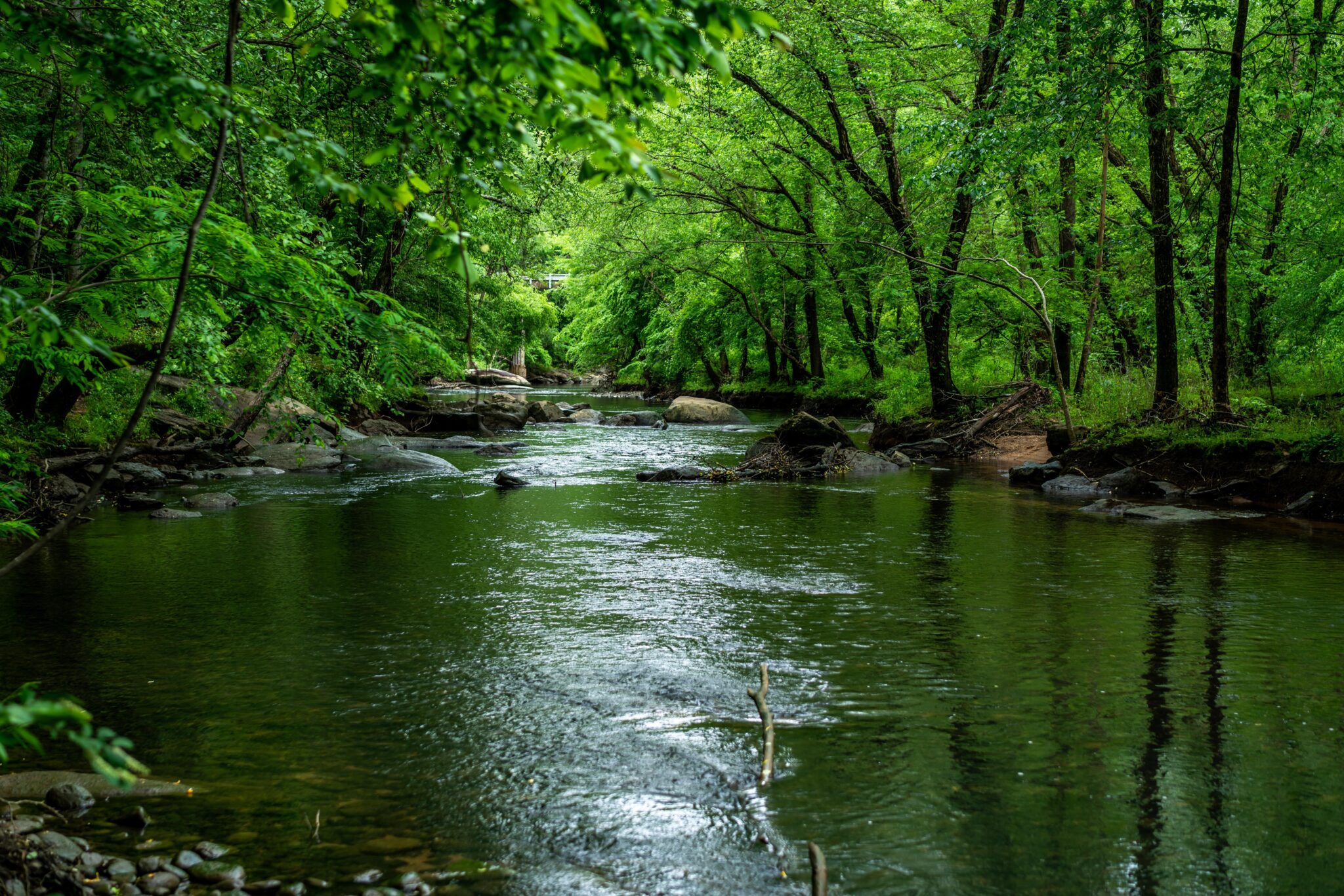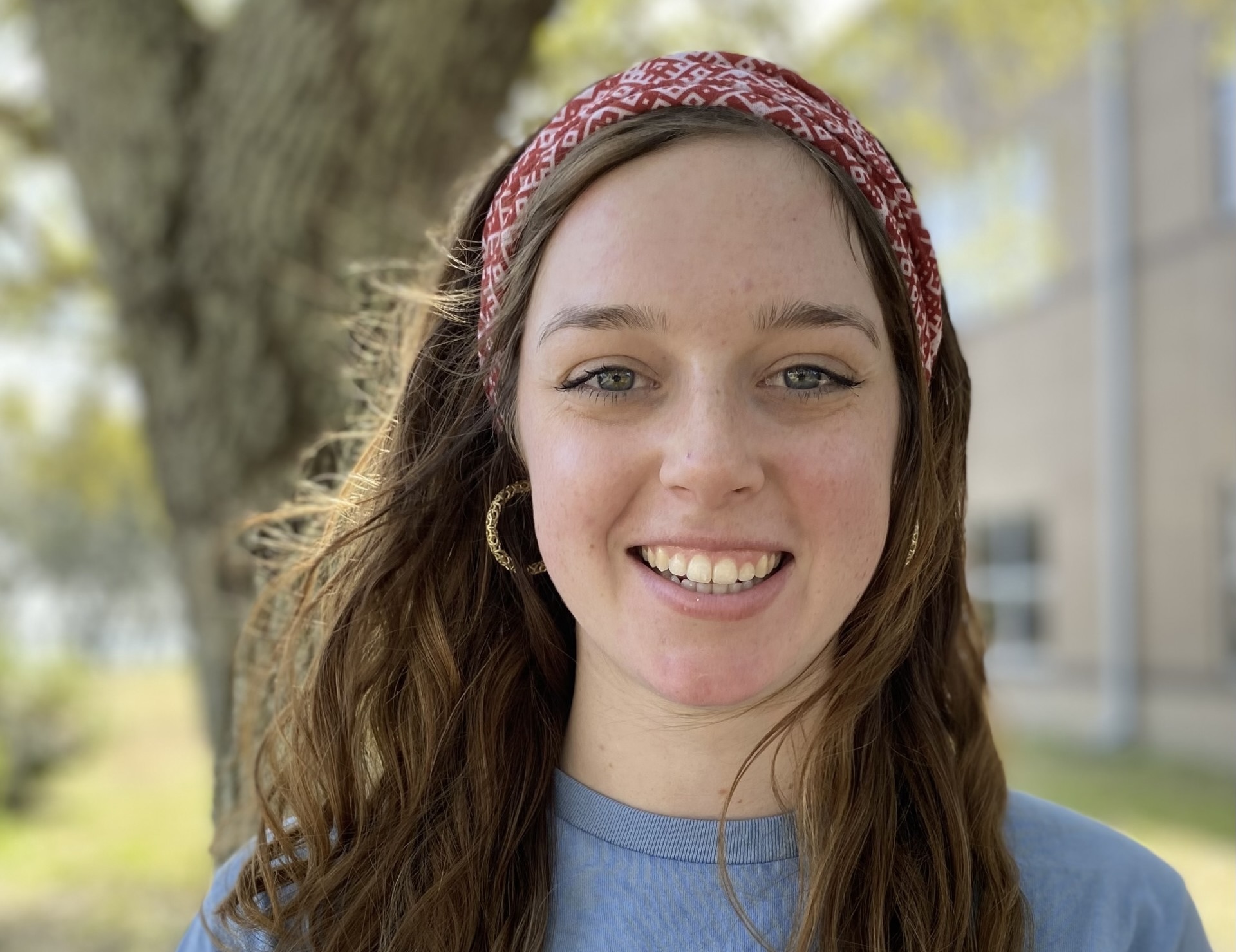NC Aquaculture Projects Earn National Funding
FOR IMMEDIATE RELEASE
Contact: Katie Mosher, 919-515-9069, kmosher@ncsu.edu
The National Sea Grant Office has allocated a total of $16 million in federal funding to support 42 research projects and collaborative programs designed to advance sustainable aquaculture. Several of the new projects will benefit North Carolina.
“With our 2019 investments, we are building on investments by Sea Grant and NOAA over the last few years to address critical gaps in information, understanding, and connectivity of science to industry,” notes Jonathan Pennock, director of the National Sea Grant College Program. “These investments are critical to advancing U.S. aquaculture in sustainable, thoughtful ways, using the best science and talent across the country.”
The funded projects fit into current areas of need: Advanced Aquaculture Collaborative Programs; Exploring New Aquaculture Opportunities; and Social, Economic and Behavioral Research Needs in Aquaculture.
“For each project, connections with industry members and other stakeholders is an important component,” Pennock adds. “Using the Sea Grant model, we want to ensure research goes far beyond the lab or field site to meaningfully inform a growing industry.”
Susan White, executive director of North Carolina Sea Grant, says that trends in seafood consumption continue to rise, which means that wild-caught fisheries alone cannot meet the demand for seafood in the United States.
“Aquaculture’s role in the Blue Economy is becoming more and more important,” White says. “Along with North Carolina Sea Grant’s ongoing initiatives in support of aquaculture, these new efforts will help enhance and expand the industry in our state.”
The new projects include collaborations among North Carolina Sea Grant experts with researchers at NC State University, Carteret Community College, Duke University, and other state Sea Grant programs, as well as a host of institutions and organizations along the East Coast and beyond.
Frank Lopez, North Carolina Sea Grant’s extension director, leads a project to expand comprehensive shellfish aquaculture training opportunities in North Carolina, South Carolina and Georgia. His team will include David Cerino at Carteret Community College, Thomas Bliss at University of Georgia, and Susan Lovelace at South Carolina Sea Grant Consortium. Additional collaborators are from Georgia, Maryland and Mississippi-Alabama Sea Grant programs; as well as the Wakulla Environmental Institute in Florida and Roger Williams University in Rhode Island.
NC State’s Whitney Knollenberg leads a team working to advance shellfish mariculture tourism. The research will identify opportunities for business and resource development, and will include visitor surveys in the Mid-Atlantic and Southeast coastal regions. Collaborators include North Carolina Sea Grant’s Jane Harrison and Julie Leibach, NC State’s Carla Barbieri, and East Carolina University’s Emily Yeager. The N.C. Coastal Federation, N.C. Shellfish Growers Association, and N.C. Economic Development Partnership are among key partners for the research.
Luke Fairbanks at Duke University leads a project to explore the social dimensions of aquaculture in Florida, Maine and North Carolina. Other researchers include Grant Murray and Lisa Campbell, also from Duke, as well as Linda D’Anna, of the Coastal Studies Institute; Joshua Stoll, University of Maine; and Noëlle Boucquey, Eckerd College in Florida. The team also will work with varied partners in multiple states.
The N.C. Shellfish Growers Association and the East Coast Shellfish Growers Association are partners on initial research toward development of a crop insurance product for oyster growers from Georgia to Maine. The research team includes Clif Parker of Emerald Isle, who is with Crop Insurance Systems, Inc., as well as the company’s Robert Cerda.
Additional projects may be funded in 2020.
North Carolina Sea Grant’s White says NOAA, the Sea Grant network and many partners are committed to advancing informed and sustainable aquaculture.
“Our country imports 85% of its seafood,” explains White. “There’s tremendous potential for the aquaculture industry to increase its share of the market in North Carolina and more broadly across the United States. These projects take steps toward that goal.”
###
- Categories:


